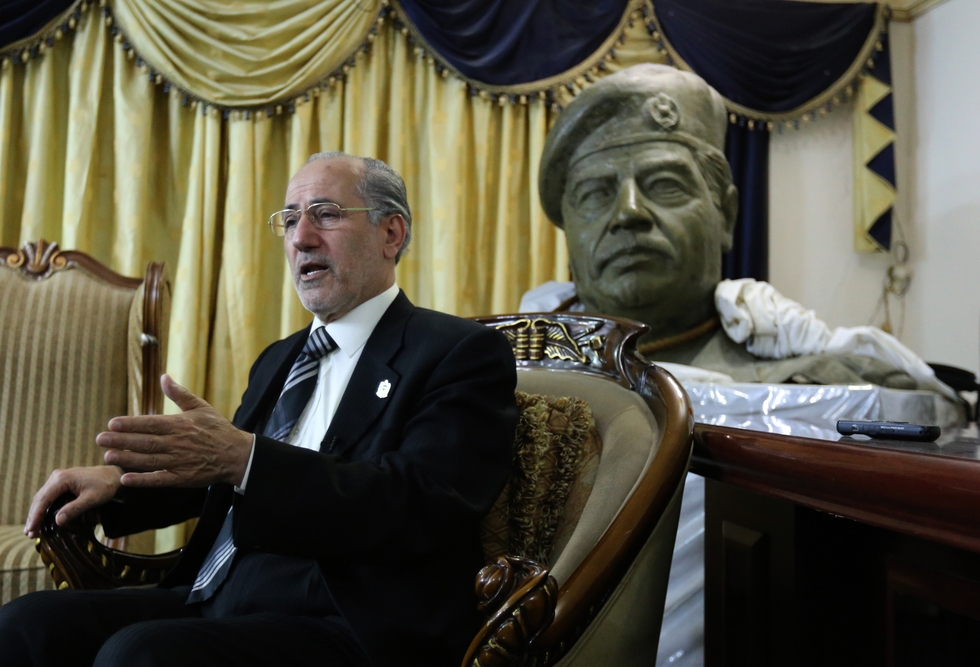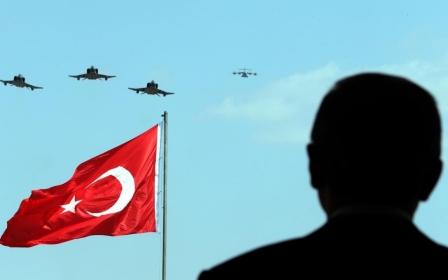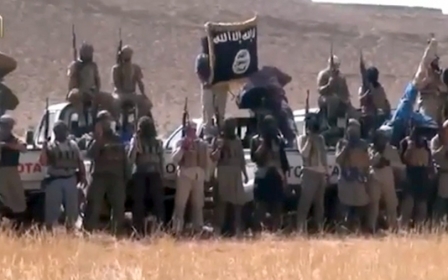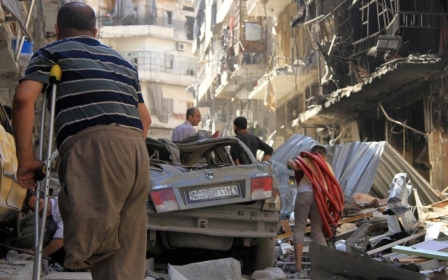Iraq asked Syria's Assad to stop aiding 'jihadists': Former official

Iraq's former national security advisor Mowaffak al-Rubaie had warned Syrian President Bashar al-Assad against supporting "jihadi" militants who later become leaders in the Islamic State (IS), the former top Iraqi official said.
The alleged support and training for the militants took place in Syria and was carried out by government security forces who reportedly wanted to keep American troops busy fighting in Iraq following the 2003 US-led invasion of the country.
"I went and met President Bashar al-Assad twice, and presented him with material evidence, documents, satellite pictures, confessions, all sort of evidence that his security forces were involved in active (sic) and transporting jihadist from Syria to Iraq," Rubaie told Al Jazeera, in the first of a two-part documentary entitled Enemy of Enemies: The Rise of ISIL aired earlier this week.
"And also, there were training camps with names and locations. He (Assad) was in total denial of that. I remember telling him that this will - in no time – backfire on Syria," he added.
The documentary suggested that there were secret meeting between representatives of Assad, and former Iraqi Baathist officers as well as "jihadi" militants. It says that the meetings were hosted by Damascus prior to the Syrian uprising in March 2011. It is unclear when exactly they met.
Syria's Assad and Iraq's toppled president Saddam Hussain belong to rival branches of the Arab Baath Party. However, it is thought that following the US-led invasion, supporters of the two Baath parties found a common ground against the Americans.
In the documentary, Rubaie suggested that Iraq's former Baath party officials now hold key positions in IS, although they do not share the militants' proclaimed religious zeal.
"I interrogated one of these ISIL guys, now he said '[in] all our meetings, we have a guy who hides his face, clean shaved. He is not the Emir, he is the deputy Emir, but no decision is made without consulting him'," said Rubaie.
"He doesn't take part in the prayer. He doesn't practice Islam. And his jargon is not the jihadi jargon, it's the Baathist, pan-Arabist, Arab nationalist jargon," he added.
It is not the first time a senior Iraqi figure has accused Syria's Assad of "exporting terror" to Iraq during the US occupation.
In 2009, former Iraqi Prime Minister Nouri al-Maliki accused the Syrian government of harbouring "terrorists" who plan and carry out attacks against Iraq – a charge that was denied by Assad.
"Ninety percent of terrorists from different Arabic nationalities infiltrated Iraq through Syrian territory," Maliki said back then, demanding "that the Syrian side hand over the main people wanted in this crime" and "expel the terrorists, Baathists and Takfiris who take Syria as a base to launch criminal activity inside Iraq".
Following the Syrian uprising against, however, Maliki threw his support behind Assad.
In a separate occasion during the Al Jazeera documentary, Rubaie also took aim at the US occupying forces for releasing tens of thousands of Iraqi prisoners before America withdrew its troops from Iraq in the end of 2011.
"I'm not saying Iraqi prisons were the ideal prisons; OK there were some inhumane things committed in these prisons. True, because we are in a state of war – continuous state of war," said Rubaie
But the releasing of Iraqi prisoners from the US-run Camp Bucca facility was "a real disaster" as the Americans suffer from "chronic recurrent short-termism," charged Rubaie.
New MEE newsletter: Jerusalem Dispatch
Sign up to get the latest insights and analysis on Israel-Palestine, alongside Turkey Unpacked and other MEE newsletters
Middle East Eye delivers independent and unrivalled coverage and analysis of the Middle East, North Africa and beyond. To learn more about republishing this content and the associated fees, please fill out this form. More about MEE can be found here.




